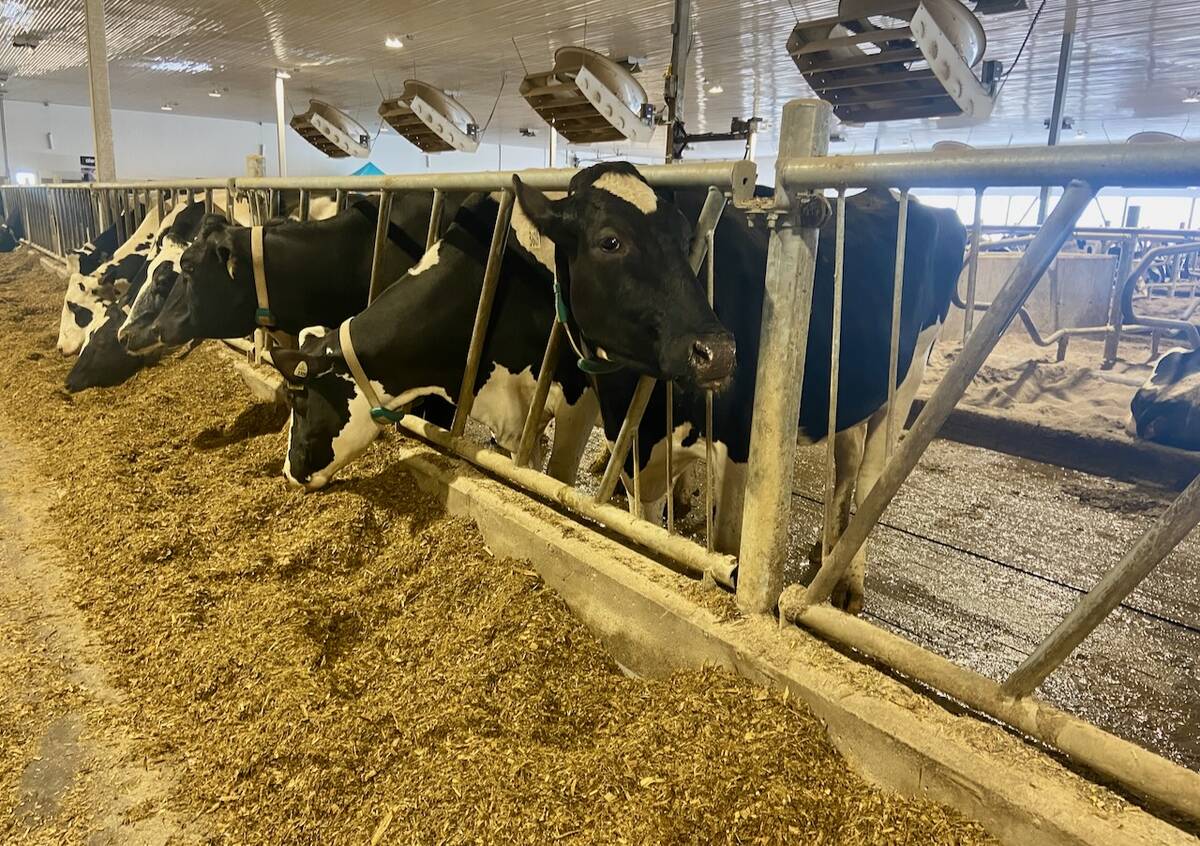Rising inflation is behind the recommended hike in farmgate milk prices as dairy producers try to keep up with the cost of doing business, according to Dairy Farmers of Canada.
“Things like the price of feed has risen dramatically and also fuel costs, machinery costs, fertilizer, seeds and it’s quite a list,” said vice-president David Wiens.
The farmgate price is set to rise by 8.4 percent on Feb. 1, 2022, following a recommendation by the Canadian Dairy Commission late last month.
Wiens said the increase is necessary for the dairy sector with double-digit percentage increases in the price of feed, fuel and seed over the past two years.
Read Also

U.S. farm group supports supply management
U.S. grassroots farm advocacy group pushing new agriculture legislation that would move towards supply management like Canada has for dairy industry
“There has been a lot of upward pressure on input costs and that’s really where this stems from,” said Wiens.
The price increase has seen critics of Canada’s supply management system cry foul over the manner in which the system is operated, which controls production through quotas and price of wholesale dairy.
Wiens defended the system, saying that compared with retail price increases of other proteins such as meat, eggs and fish, the dairy commission’s recommended hike still falls below the cost rise in those foods.
“In the last five years, which goes back before the pandemic, the consumer price index for dairy products has risen by 7.4 percent while the consumer price index for food in general has risen by 9.4 percent,” said Wiens.
He added that while many food products saw retail price increases over the pandemic, dairy costs have remained stable.
Wiens said the dairy commission analyzes the production costs of a cross-section of 250 dairy farmers across the country to base its annual recommendation.
“We’ve also had those years where it actually decreases our price,” he said, but adding that it usually results in a slight increase. “It reflects what is actually happening on the farm.”
Wiens said the cost increases are part of a larger issue Canadians are facing for products across the board but it doesn’t necessarily mean a large or corresponding bump in the retail price of dairy products.
Whether it’s a four-cent increase for a medium pizza, 12-cent bump for a tub of yogurt or a 26-cent hike for a block of cheese, Wiens said the costs change will be minimal.
“In years that we’ve seen a price decrease or increase, it does not necessarily correlate into retail (prices),” he said. “It remains to be seen if the increase we are seeing at farmgate is actually going to follow through at retail.”
Rising energy costs, which are forecast to go up in the short term, may not result in another year-over-year increase in dairy products if other costs such as feed can be brought down, said Wiens, but that will be difficult to predict.
If prices continue to rise for machinery and farm improvements aimed at efficiencies, that’ll be a different story, said Wiens.
“At least what this increase for Feb. 1 is going to do is it’s going to put farms closer to being on an even keel,” he said. “We’re not talking about some sort of profits out of this but it does bring us back to where we can maintain as farms and continue to move forward.”
The 8.4 percent dairy commission recommend increase will now go to provincial bodies for approval, which is expected to happen in early December.
















